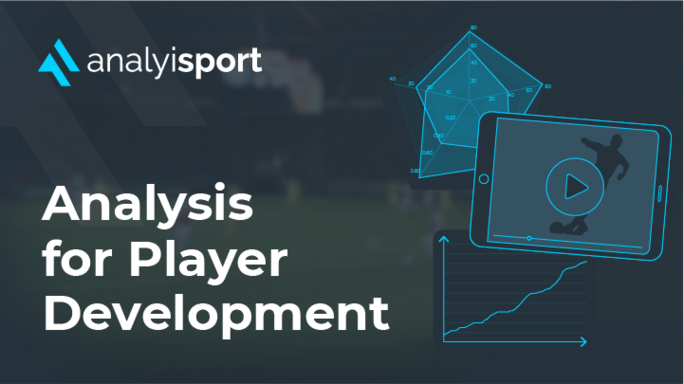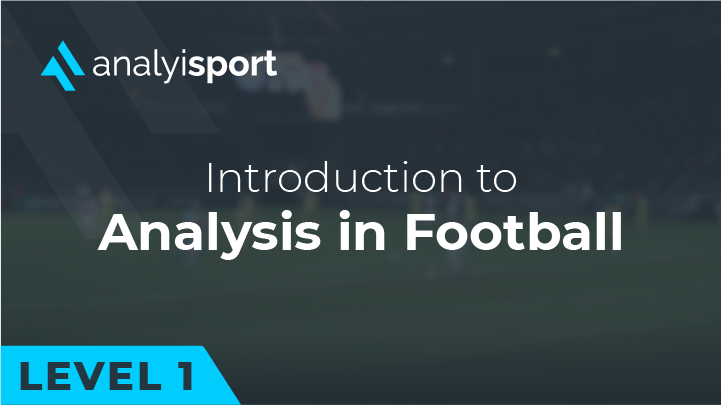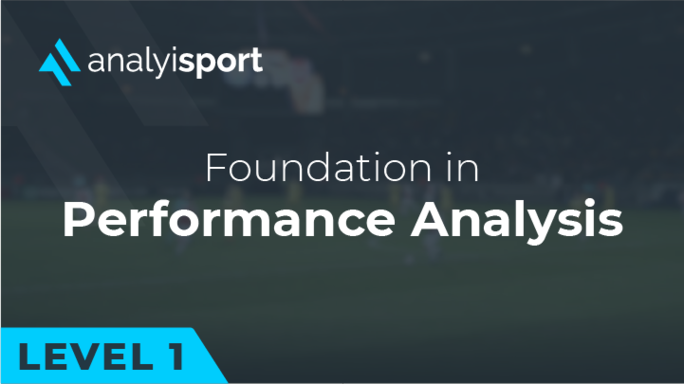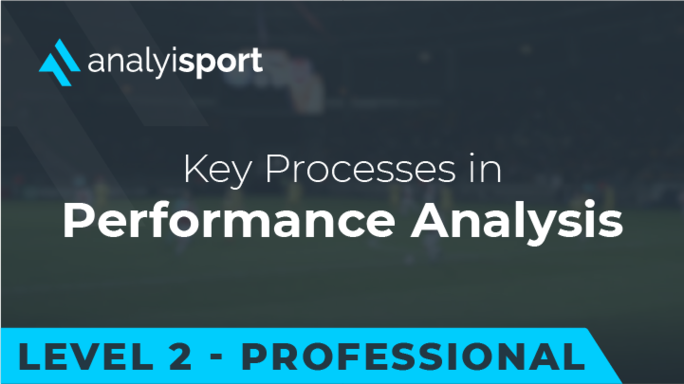How Is Data Being Used In the Eredivisie and Dutch Football?
How is data being used in the Eredivisie and Dutch Football?
How is Dutch football using data to fight back against its wealthier competitors. Home to some of the most well known players and clubs in Europe the Eredivisie often looks to have been left behind by the likes of the English Premier League, but is this really the case?
With a reputation of producing talented players and managers the league has a reputation for producing players and managers who go on to have successful careers in Europe’s top leagues.
Home to European giants such as Ajax Amsterdam, Feyenoord Rotterdam and PSV Eindhoven, the Dutch Eredivisie has long been at the forefront of European talent development. From generational talents such as Arjen Robben and Dennis Bergkamp to those who revolutionised the way the game is played like Johan Cruyff, the list of elite players to emerge from the Eredivisie’s numerous academies is a long one.
When it comes to data analytics, the Dutch league is once again striving to change the game as it seeks to enhance the capacity for performance analysis, player development and fan engagement through player performance data.
How the Eredivisie collects data
Event data in Dutch football is collected using Opta Analytics, a service offered by Stats Perform, the Eredivisie’s official data partner. Opta’s database spans right the way through the Dutch football league to the third tier, as well as covering cup competitions and the Women’s league and cup, too.
Meanwhile, tracking data is collected using specialised cameras which have been installed across the Eredivisie’s stadia. These cameras monitor every single movement that is made on the pitch, allowing the ball, the players and the referees to be tracked 25 times per second.
At the same time, cameras provided by Dutch company Provispo capture the action from all angles to be viewed retrospectively by club analysts. The resulting video footage allows teams to watch their performances back and visualise the data they have acquired in its on-field context.
What does the Eredivisie do with its data?
The collection of raw data, whilst useful, is not going to revolutionise football by itself. Instead, the key to success in data analytics is in the way in which this information is used. Knowing this, the Eredivisie partnered up with football data intelligence company SciSports in 2020. Through the use of SciSports’ central analysis platform, the Eredivisie is able to provide its clubs with a one-stop experience which brings event data, tracking data and video footage altogether in one place.
Not only does this streamline the data collection process for each club, but SciSport’s online hub also makes use of Artificial Intelligence (AI) to offer analysts detailed insights into their team’s performance.
The Eredivisie is unique in that it collects and distributes this data itself, rather than the clubs having to compile their own individual databases. Since every team’s data is available to all of the clubs that opt in, analysts are of course not only limited to analysing their own team’s data, but can look into other teams’ numbers as well. Detailed player statistics may be compared to those of any other player across the top three Dutch leagues, and opposition analysts might make use of the database to find chinks in their rivals’ armour. However it is used, the central analysis platform provides a significant advantage to any club that makes use of it correctly.
PSV Eindhoven’s partnership with ASML
Whilst all 18 of the Eredivisie’s teams have access to SciSports’ data, some are striving further still to stay ahead of the rapidly growing technological curve within football. One team that has enjoyed success on the pitch in the first half of the 22/23 season is PSV Eindhoven, who are battling at the top of the table for the second season running.
Keeping pace with rivals Ajax is an improvement on previous seasons’ performances, and may well owe a lot to the club’s bold forward-thinking strategy: In June 2021 the PSV owners showed their intent by expanding their already-existing partnership with ASML, a massive Dutch tech corporation, into the realms of data analytics. With ASML’s cutting edge technology and huge team of data analysts at their side, PSV are looking to the future at a time when we are only just scraping the surface of data analytics in football.
In the same year that the expansion took place, PSV’s newest branch had already devised a model for measuring a team’s pitch control. “We defined pitch control as which player controls which part of the pitch at any one time. So by projecting a grid on the pitch, we can calculate which player will reach a particular cell fastest or first. Calculating that for each grid cell, we can visualize the overall pitch control of a team”, ASML data scientist Maud Diepstraten explained. Who knows what game-changing insights this partnership will come up with in the years to come.
Dutch resurgence in Europe
PSV’s strong displays in 2022 have turned a few heads outside of their domestic league, too. In fact, they have emerged as outside contenders to win the 2023 Europa League after beating high-flying Premier League side Arsenal 2-0 in the competition and finishing just two points behind the Gunners in their group. A strong European run would perhaps be reminiscent of a very young Ajax side who went all the way to the final in the 16/17 season, before going deep into the Champions League just a couple of years later.
That Ajax side, featuring stars such as Frenkie de Jong, Matthijs de Ligt and Hakim Ziyech, massively exceeded expectations based on the team’s market value at the time. The 22/23 PSV side has shown signs of doing the same. Without the financial power that some of Europe’s other big leagues have, the Eredivisie sides have to find other ways to compete on the elite stage. More likely than not, this means outperforming more expensive sides before the game even starts or, in other words, using data analytics in a more effective way than their rivals.
Ajax have developed an enviable state-of-the-art training complex with cameras everywhere to collect data on every movement a player makes. This way, coaches can adapt training routines to pinpoint specific areas of improvement and therefore enhance the speed and effectiveness of player development, whilst also reducing the risk of players picking up injuries.
After two decades existing as little more than a fallen giant of European football, will the development of data analytics in the Eredivisie allow the Dutch league to hold its own against teams with a greater budget? Only time will tell, but the last five years have certainly shown that there are glimpses of hope for those Dutch fans who wish to see their sides dominating European football once again.
Related Courses:
Share this article
Our Learning Pathways
AnalyiSport is for everyone who is passionate about analysis in football. Where are you in your development journey?
Become a Football Scout
As more clubs than ever look to build data into their recruitment process, an understanding of recruitment analysis is your ticket to success in the game.
Related Articles
Our team provides news and insights from the cutting edge of football analysis.







